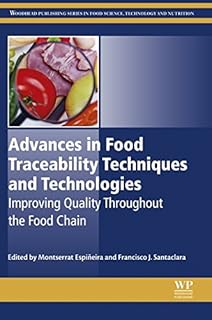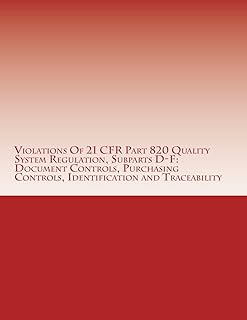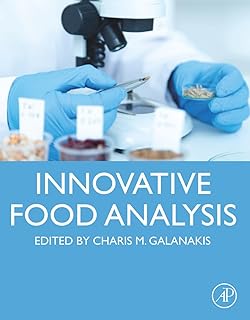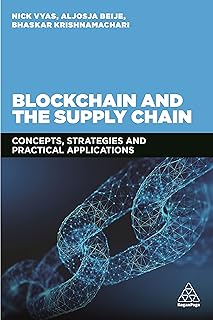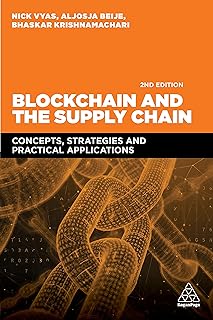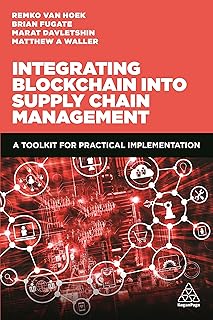Blockchain technology has made significant strides in various industries, revolutionizing transparency, security, and traceability. In the food industry, blockchain has been instrumental in enhancing traceability, quality control, and supply chain collaboration. By enabling end-to-end food traceability, blockchain allows stakeholders to track product origins, processing, and distribution in real time, fostering consumer trust and minimizing risks associated with contamination and fraud. Additionally, blockchain records ensure the accuracy of food quality claims, such as organic certification and geographical indication labeling, thereby reducing fraudulent activities in food labeling. Moreover, blockchain facilitates smart contracts and automated data sharing, improving coordination among producers, distributors, and retailers, thereby increasing supply chain efficiency and resilience.
The global food industry faces challenges related to food security and safety, exacerbated by various factors such as climate change, soil degradation, contamination, and misleading food labeling. The adoption of blockchain technology in the food supply chain is crucial to address these challenges and enhance traceability. Blockchain-based traceability systems offer a comprehensive view of a product’s lifecycle, enabling food enterprises to trace product origins, optimize logistics, and improve decision-making processes. These systems also provide consumers with precise food safety information in a digital format, fostering trust and transparency in the food supply chain.
Consumer adoption of food blockchain traceability systems plays a vital role in realizing the full potential of this technology within the food industry. Despite businesses’ approval and implementation of blockchain traceability systems, consumer participation remains a challenge. Identifying key factors that influence consumer adoption is essential for increasing adoption rates and maximizing the efficiency of these systems. Understanding consumers’ attitudes and intentions towards blockchain technology is critical for enhancing adoption rates and ensuring the successful integration of blockchain-based traceability systems in the food industry.
Integrating the Technology Acceptance Model (TAM) with the Technology Readiness (TR) model provides valuable insights into consumer adoption behavior towards blockchain traceability systems. A study conducted with 322 supermarket consumers in Shenzhen revealed that perceived ease of use and perceived usefulness are significant factors influencing adoption attitudes, which, in turn, strongly predict adoption intentions. Positive dimensions of TR, such as optimism and innovativeness, were found to moderate the TAM model, while negative dimensions, such as discomfort and insecurity, showed no significant moderating effects. These insights offer valuable recommendations for food and retail enterprises to facilitate blockchain adoption and expand its application within the food industry.
In conclusion, the integration of TAM and TR models sheds light on consumer adoption behavior towards food blockchain traceability systems. By understanding consumer inclinations and the factors that influence their adoption intentions, businesses in the food and retail sectors can design digital services that align with consumer expectations and enhance adoption rates. Future research should focus on broader factors influencing technology adoption and extend studies to diverse geographic and cultural contexts to enhance the generalizability of findings. Ultimately, blockchain innovations have the potential to transform the food industry by enhancing transparency, security, and traceability, thereby improving consumer trust and food safety.
📰 Related Articles
- Sportradar’s 4Sight Technology Enhances Sports Betting Experience
- Pennsylvania Department of Banking Enhances Consumer Financial Protection
- PNG University of Technology Enhances Online Identity with Domain Transition
- How SCiQ Technology Enhances Retail Experience for “betting Casino” Scratch-Off Games
- B3 Expands into Cryptocurrency Futures, Blockchain Technology

